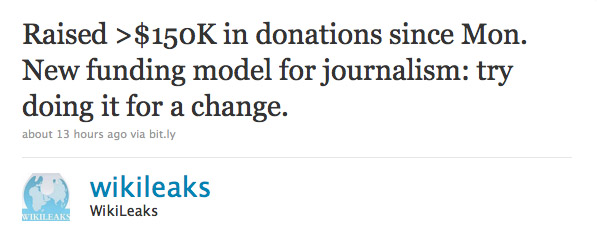A US Army intelligence analyst has been arrested in connection with a leaked video of a US Apache helicopter attack in Iraq in 2007, which killed more than 12 people, including two Reuters news staff, reports Wired.
According to Wired, Bradley Manning, was arrested nearly two weeks ago at an army base in Baghdad where he was stationed. Manning was reportedly turned in by a former computer hacker to whom he had spoken about leaking the Iraq video and several others to the website Wikileaks.
The attack took place on the morning of 12 July 2007 in the Iraqi suburb of New Baghdad killing two Saeed Chmagh, a 40-year-old Reuters driver and assistant, and Namir Noor-Eldeen, a 22-year-old war photographer.
Reuters, which had previously requested the release of the video from the US military, has pressed the army to conduct a full and objective investigation into the killing of its two staff.
